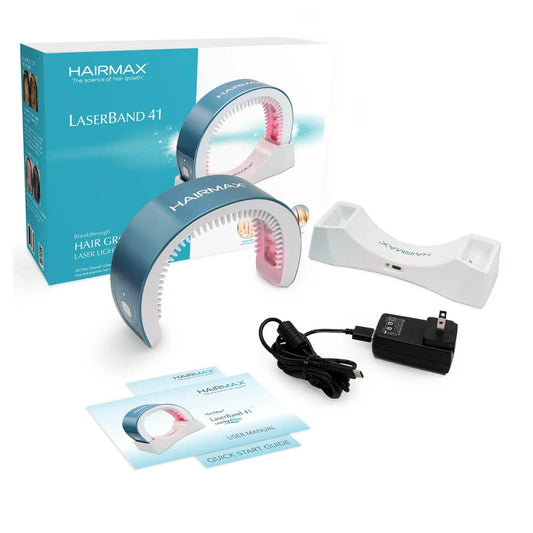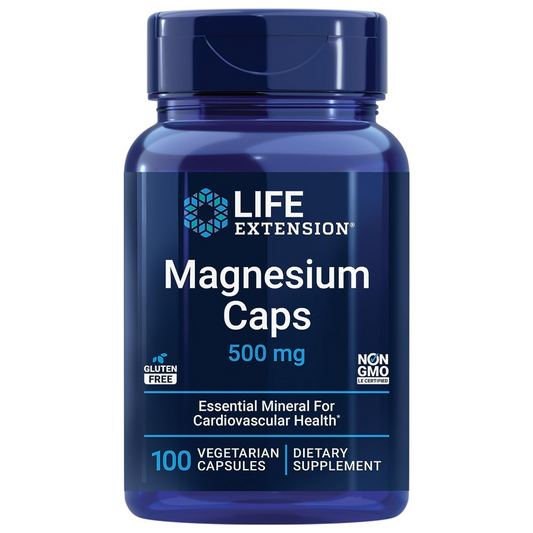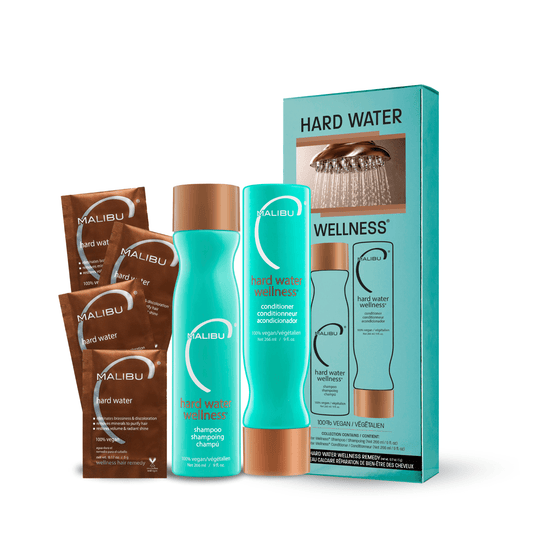
How Effective Are Hair Supplements for Improving Hair Health?
Share
Hair health is a significant concern for many people, and as a result, the market is flooded with various hair supplements claiming to promote hair growth, thickness, and overall health. These supplements often contain a combination of vitamins, minerals, and other nutrients believed to support optimal hair growth. While they may seem promising, it's crucial to evaluate their actual effectiveness. In this article, we will delve into the topic and explore the scientific evidence behind hair supplements to determine their true potential in improving hair health.

Understanding Hair Growth and Health:
Before assessing the effectiveness of hair growth supplements, it's essential to understand the factors that influence hair growth and health. Hair growth is a complex process influenced by genetics, hormonal balance, nutrition, and overall health. Each hair strand undergoes a cycle of growth, rest, and shedding. A variety of factors, such as nutrient deficiencies, stress, and medical conditions, can disrupt this cycle and lead to hair problems like thinning, breakage, and hair loss.
Exploring Hair Supplements
Hair growth supplements often claim to provide essential nutrients that support hair health and growth. These supplements typically include ingredients such as biotin, vitamins (A, C, D, E), minerals (iron, zinc), amino acids, and herbal extracts. While these nutrients are essential for overall health, their direct impact on hair health varies.
Biotin, also known as vitamin H, is frequently marketed as a hair growth booster. While biotin deficiency can cause hair loss, studies have not conclusively demonstrated the effectiveness of biotin supplements in individuals with normal biotin levels. Similarly, while vitamins and minerals play vital roles in hair health, evidence supporting their supplementation for hair growth is limited.
Scientific Evidence and Limitations
Research on the effectiveness of hair growth supplements remains limited and often yields conflicting results. While some studies suggest a positive association between certain nutrients and hair health, others fail to establish a significant impact.
Biotin: Biotin supplementation has shown potential in improving hair strength and reducing hair loss in individuals with biotin deficiency. However, for those with normal biotin levels, the evidence is inconclusive, and its effectiveness is debated.
Vitamins: While vitamins are essential for overall health, evidence supporting their supplementation for hair growth is insufficient. Vitamin deficiencies may contribute to hair problems, but restoring these deficiencies alone may not result in substantial hair growth. It's best to obtain vitamins from a balanced diet rather than relying solely on supplements. However, if your diet does not provide you with enough essential nutrients, you may consider resorting to a trusted brand, Viviscal Hair Growth Supplements supply vital nutrients to the hair follicle to prolong the anagen (growing) phase of the hair growth cycle, nourishing thinning hair and promoting hair growth.
Minerals: Some minerals, such as iron and zinc, are vital for healthy hair growth. Iron deficiency anemia is associated with hair loss, and correcting the deficiency may improve hair health. However, indiscriminate supplementation without proper diagnosis can be detrimental. Zinc supplementation may benefit individuals with zinc deficiency, but excessive intake can have adverse effects.
Amino acids: Certain amino acids, such as cysteine and methionine, play a crucial role in hair structure and growth. However, evidence supporting their supplementation for hair health is limited. A balanced diet with sufficient protein intake usually provides an adequate amount of amino acids.
Herbal extracts: Various herbal extracts, such as saw palmetto, pumpkin seed oil, and horsetail extract, are claimed to promote hair growth. However, the scientific evidence supporting their effectiveness is inconclusive, with limited rigorous studies.
Hair growth supplements may be appealing for individuals seeking to improve their hair health. While they often contain nutrients that are essential for overall health, the scientific evidence supporting their effectiveness in promoting hair growth and health is limited and inconclusive. Nutrient deficiencies can contribute to hair problems, but addressing these deficiencies alone may not be sufficient to achieve noticeable results.
While you can get all the nutrients you need for thicker hair through your diet, taking a hair growth supplement can help fill in the gaps in your nutrition. That’s where Viviscal Hair Growth Supplements come in. Viviscal contains vitamins for thicker hair, including vitamin C, iron, biotin, and zinc. Plus, Viviscal contains AminoMarTM, a proprietary marine protein complex rich in collagen. The combination of AminoMarTM plus key vitamins and minerals in Viviscal is scientifically proven to nourish thinning hair and promote existing hair growth.
Instead of relying solely on hair supplements, it's important to adopt a holistic approach to hair health. A balanced diet, regular exercise, stress management, and proper hair care practices are crucial factors for promoting healthy hair growth. Consulting with a healthcare professional or a trichologist can help identify any underlying health issues that may be impacting your hair health.
Remember, achieving and maintaining healthy hair requires patience and a comprehensive approach that addresses the underlying causes rather than relying solely on supplements



